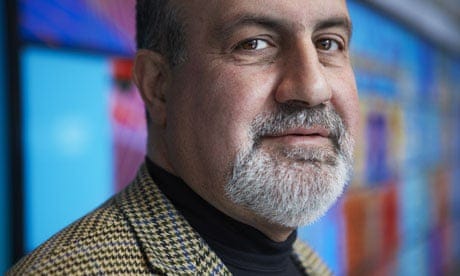Real-Life Mentors Are Usually Better than Fancy Virtual Mentors
Don't Get Your Life Advice From "Influencers"
There is an explosion in the number of healthcare influencers who want to provide wisdom and knowledge to the next generation. Many of these people1 post “how-to” videos on YouTube, Tiktok, and Instagram. Many think these virtual mentors can replace the role that real-life mentors have.
This is wrong. Here’s why.
Virtual Mentors Do Not Pay Negative Consequences For Being Wrong
What happens if your favorite influencer on Substack, YouTube, Instagram, or Tiktok offers incorrect advice? Nothing. They can shrug their shoulders and say, “This is just what worked for me! You need to find what works for you.” Can a real-life mentor do this? No! Real-life mentors need to live with the consequences of their advice.
Students will fail because of poor mentors. All things being equal, those mentors will fail once their track record is made known to the real world. Hence, when real-life mentors pay consequences for being wrong, they will not be around for long since word will get around2. Of course, there are plenty of exceptions where institutions will protect poor premed advisors. While the filtering is unreliable for real-life mentors, filtering is nonexistent for virtual mentors. When your popularity is dictated by looks, eloquence, and charisma, it’s no surprise that many virtual mentors are full of…well, you know what I mean.3
The “Optimal” Advice From a Virtual Expert Does Not Translate to YOU
I scoffed at the potential mentors I had access to when I was younger. I assumed that since they did not have the “perfect knowledge,” they would be of no use to me [yes, I was that arrogant as a kid]. I found online “gurus” that had the “perfect advice” for me. However, their advice was so far away from my circumstances that I could not adequately translate the information in small steps I could implement in my daily life. Yet, this is one of the critical functions of mentorship! Mentorship is all about translating the abstract principles that guide success in each domain into actionable steps through the eyes of someone who has already trodden a similar path to you. Whatever I’m doing on my Substack or other medical students' social media is NOT that.
Hence, watching YouTube videos about study habits or Tiktok clips about stereotypes in the OR should NOT be a replacement for brainstorming with people you trust on how to tackle problems you care about related to your career, personal life, and dreams.
I am not referring to people who run mentorship programs that meet regularly through virtual means such as programs led by Dr. Gray or Dr. Andre Pinesett.
This is Nassim Taleb’s principle of Skin In The Game [SITG] in action. To learn more, consider reading this.
If they lack these qualities yet remain popular, this may indicate that they possess some legitimate skill. Or they are funded by a super PAC.




